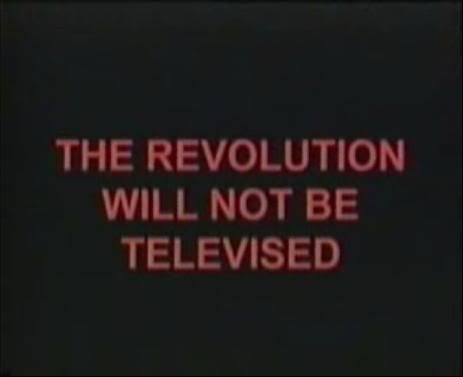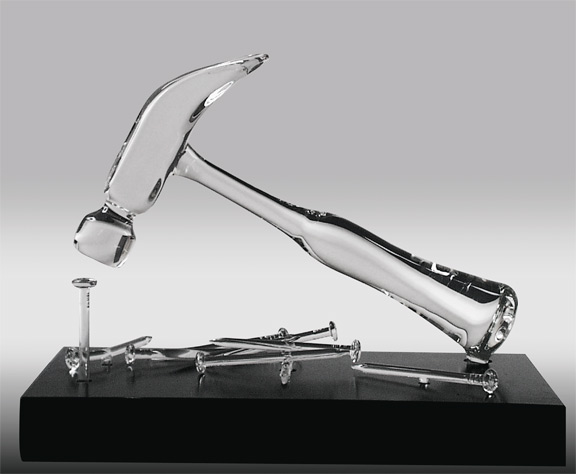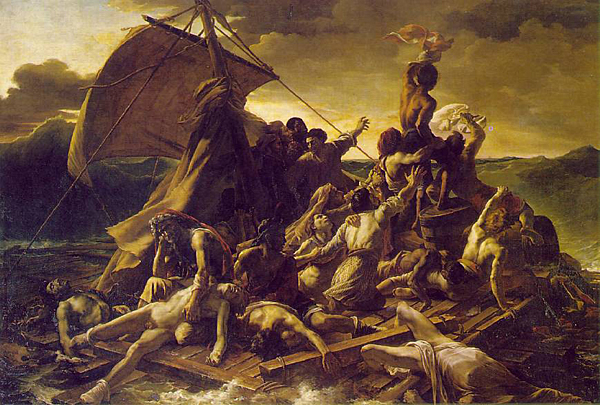
"What European countries definitely haven’t done is dismantle their strong social safety nets. Universal health care is a given. So are a variety of programs that support families in trouble, helping protect Europeans from the extreme poverty all too common in this country.(...) the next time a politician tries to scare you with the European bogeyman, bear this in mind: Europe’s economy is actually doing O.K. these days, despite a level of taxing and spending beyond the wildest ambitions of American progressives."
Paul Krugman - NYT
David Seaton's News Links
Health is a civil right, like the right to life or the right to vote.
I live in Europe, where we have socialized medicine. This means that the major hospitals are owned by the state. During at least half the day most doctors, even eminent specialists, are state employees. Medicines, even the most expensive, are heavily subsidized or totally free. Here the suffering of poor people in America without medical care, or the anxiety of the American middle class worrying about losing their jobs and thus losing their coverage is unthinkable. I read the "plans" the different American political "leaders" have to solve this suffering and humiliation and they remind me of the cynical and patronizing "separate but equal" justifications of the Jim Crow south.
The more I explore this painful and festering sore of scores of millions of Americans of all colors without adequate medical care, the more I am reminded of the political climate before the civil rights battles of the 50s and 60s. What seems totally missing, however, is the Martin Luther King or the Malcolm X to give it shape and words. Polar bears and glaciers have their Al Gore, but who is to lead a citizen's revolt against pain, sickness, humiliation and death?
You could say that the idea of some 40,000,000 Americans many of them of color, condemned to death and disease is even worse than the injustice of segregation, but the comparison is one of hope. The civil rights movement's successes means that even within the American system profound change is possible when enough people stand up and say, "this far, no farther." It can be done, it's been done before.
For someone who has no memory of what America was like before the civil rights movement, let me explain as quickly and brutally as I can what America would be like today if that movement had never existed:
- Colin Powell would be a retired army sergeant.
- Barack Obama's mother would be a pariah.
- Barack Obama would be somebody's butler.
- Clarance Thomas would be working in somebody's yard.
- Condoleezza Rice would be teaching in a segregated grammar school.
- Oprah Winfrey would be cleaning some white lady's house.
That America is so different today, that the lives of the above mentioned have turned out so differently, was not engineered by benevolent politicians, it was a conquest of the American people in the streets. It was all about marches, sit ins and riots. It cost pain, blood, jail time and lives. Cities burned and soldier's patrolled the streets, men were lynched. It was a movement. The politicians came trailing after making laws to recognize the facts created on the ground.
The result is that the America of today is barely recognizable to someone born into the America that was before. This means that things can be changed by people who won't accept "no" for an answer.
But make no mistake, this battle could be even harder and crueler. The battle against prejudice and discrimination was only really about customs and habits, it was fought in the context of the cold war where the Soviet Union used the plight of black people in the USA to its advantage in Europe and the Third World. Law makers knew that social inertia was the only real obstacle to dramatically improving America's self-image and its image around the world as a champion of freedom. It was simply good for business. For America's rich and the powerful little was really changed by allowing African-Americans full civil rights.
The battle for the right to health, however is about money, lots of money: higher taxes for the rich, much higher... like in Sweden. And the limits beyond which the wealthy of America will not go in defense of their money, has yet to be discovered.
The money invested in the ideology necessary to fight socialized medicine in America is also limitless. This ideological task force that the oligarchy has deployed has even made the very words "socialized medicine" taboo. Thus the successful system of countries like Britain, Canada, France and Germany is made to sound like something inefficient and subversive.
Politicians require huge amounts of money to get elected and those who sign the big checks don't want to pay the taxes necessary to pay for a health system similar to Europe's. I don't think anything meaningful will ever occur led by the men and women who owe their existence to our present system of campaign financing.
To get something like this done only a movement will suffice and I doubt if even a million uninsured children marching on Washington would be enough to melt the hearts of those weaned on a diet of Ayn Rand. It might take a general strike, the shutting down of America's huge transport system for a few days, to bring it off.
This more than any other is work for grassroots activists and organizers: free health care for all is the true catalyst for change in the USA. Those who begin to organize this from the ground up are today's equivalent of the Freedom Riders that opened up the American south and ennobled an entire generation. DS
Paul Krugman: The Comeback Continent - NYT
Abstract: Why should Americans care about Europe’s economy? Well, for one thing, it’s big. The G.D.P. of the European Union is roughly comparable to that of the United States; the euro is almost as important a global currency as the dollar; and the governance of the world financial system is, for practical purposes, equally shared by the European Central Bank and the Federal Reserve. But there’s another thing: it’s important to get the facts about Europe’s economy right because the alleged woes of that economy play an important role in American political discourse, usually as an excuse for the insecurities and injustices of our own society. For example, does Hillary Clinton have a plan to cover the millions of Americans who lack health insurance? “She takes her inspiration from European bureaucracies,” sneers Mitt Romney. Or are top U.S. executives grossly overpaid? According to a Times report, Michael Jensen, a professor emeritus at Harvard’s Graduate School of Business whose theories helped pave the way for gigantic paychecks, considers executive excess “an acceptable price to pay for an American economy that he believes has outstripped Japan and Europe in growth and prosperity.” In fact, however, tales of a moribund Europe are greatly exaggerated.(...) Since 2000, employment has actually grown a bit faster in Europe than in the United States — and since Europe has a lower rate of population growth, this has translated into a substantial rise in the percentage of working-age Europeans with jobs, even as America’s employment-population ratio has declined. In particular, in the prime working years, from 25 to 54, the big gap between European and U.S. employment rates that existed a decade ago has been largely eliminated. If you think Europe is a place where lots of able-bodied adults just sit at home collecting welfare checks, think again. Meanwhile, Europe’s Internet lag is a thing of the past. The dial-up Internet of the 1990s was dominated by the United States. But as dial-up has given way to broadband, Europe has more than kept up. The number of broadband connections per 100 people in the 15 countries that were members of the European Union before it was enlarged in 2004, is slightly higher than in the U.S. — and Europe’s connections are both substantially faster and substantially cheaper than ours. I don’t want to exaggerate the good news. Europe continues to have many economic problems. But who doesn’t? The fact is that Europe’s economy looks a lot better now — both in absolute terms and compared with our economy — than it did a decade ago. What’s behind Europe’s comeback? It’s a complicated story, probably involving a combination of deregulation (which has expanded job opportunities) and smart regulation. One of the keys to Europe’s broadband success is that unlike U.S. regulators, many European governments have promoted competition, preventing phone and cable companies from monopolizing broadband access. What European countries definitely haven’t done is dismantle their strong social safety nets. Universal health care is a given. So are a variety of programs that support families in trouble, helping protect Europeans from the extreme poverty all too common in this country. All of this costs money — even though European countries spend far less on health care than we do — and European taxes are very high by U.S. standards.(...) According to the anti-government ideology that dominates much U.S. political discussion, low taxes and a weak social safety net are essential to prosperity. Try to make the lives of Americans even slightly more secure, we’re told, and the economy will shrivel up — the same way it supposedly has in Europe. But the next time a politician tries to scare you with the European bogeyman, bear this in mind: Europe’s economy is actually doing O.K. these days, despite a level of taxing and spending beyond the wildest ambitions of American progressives. READ IT ALL





















